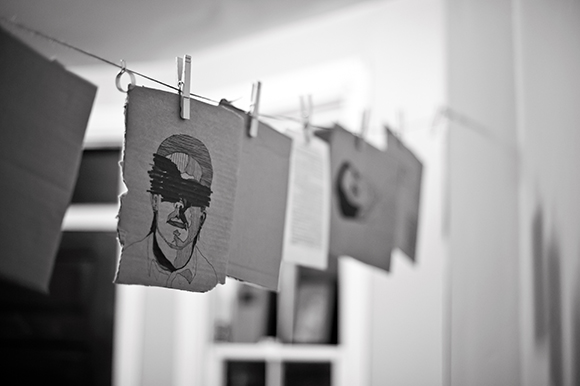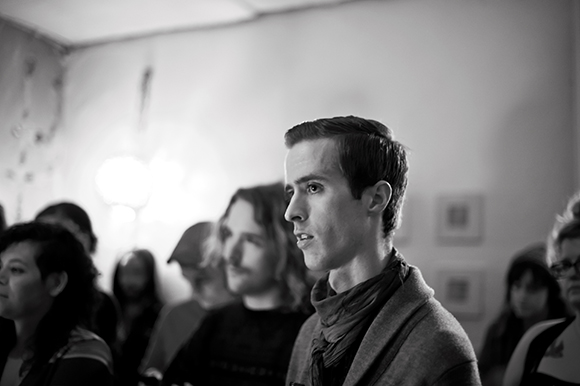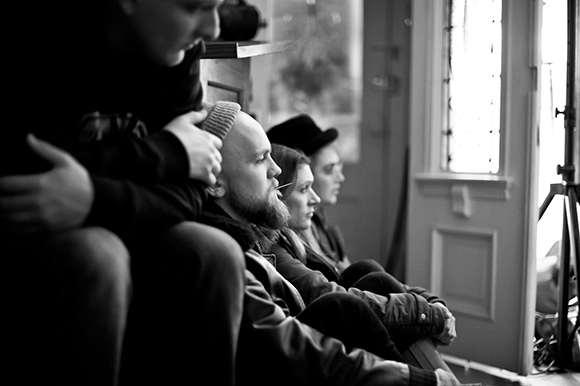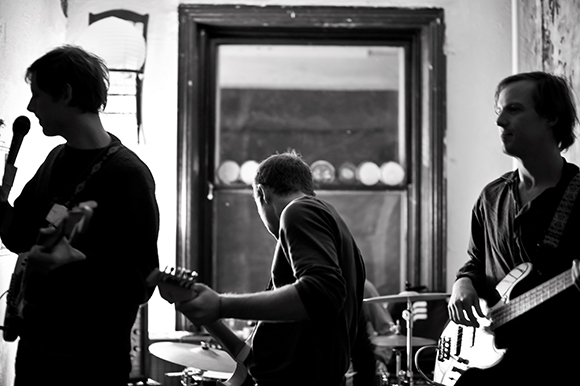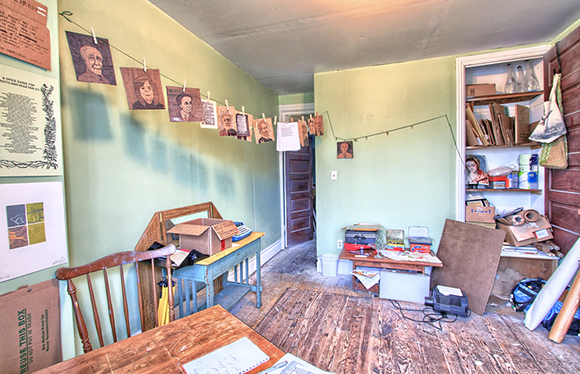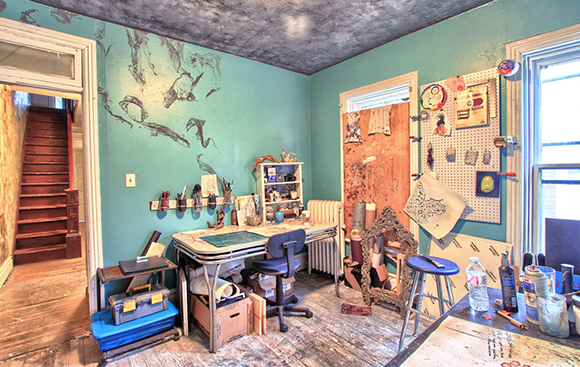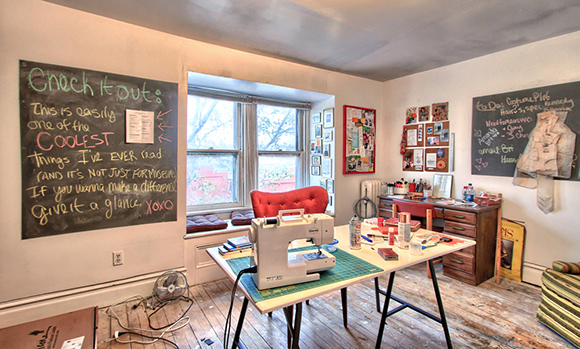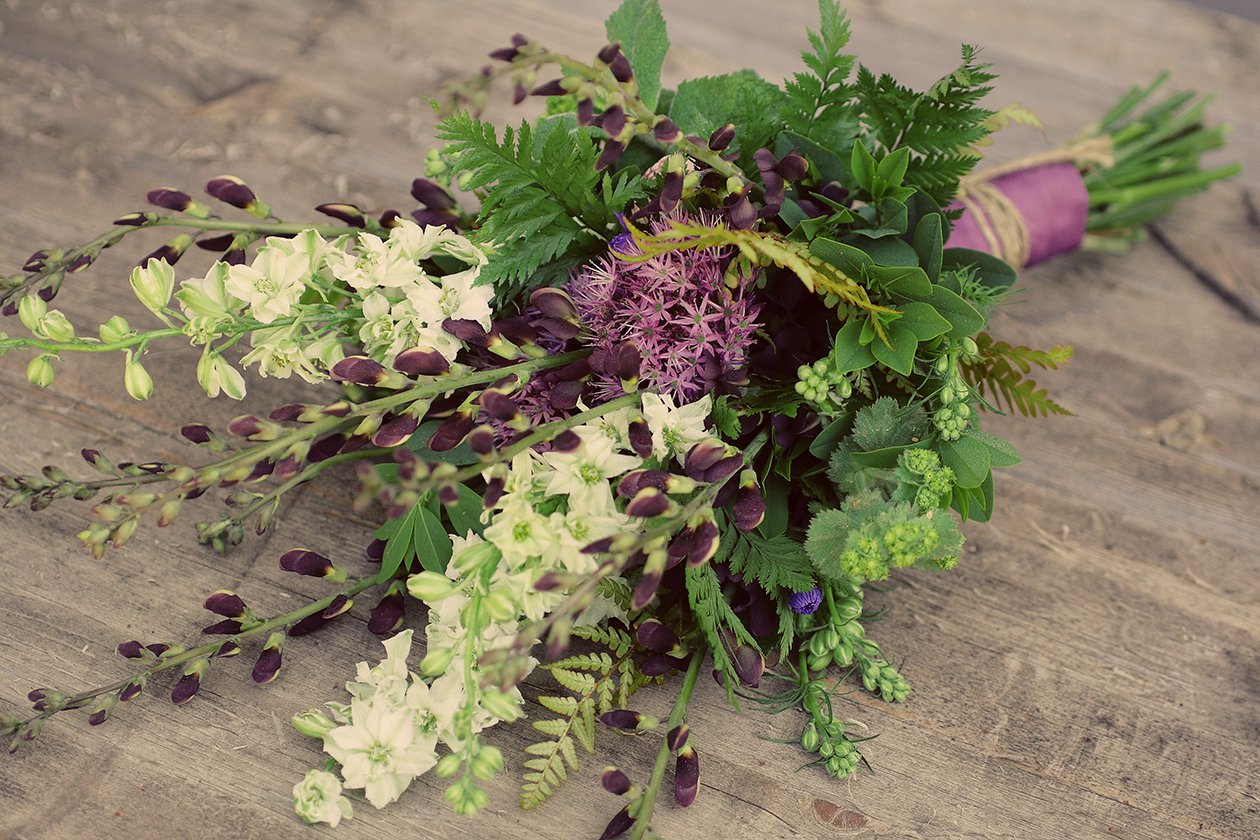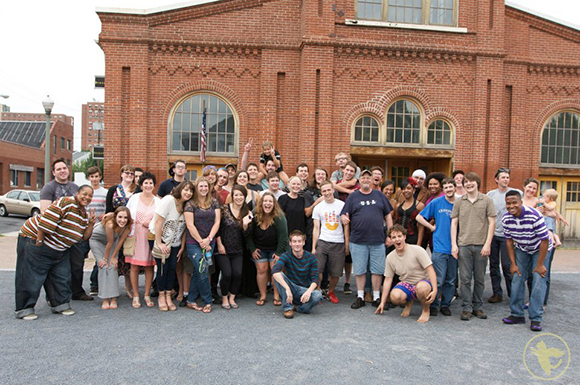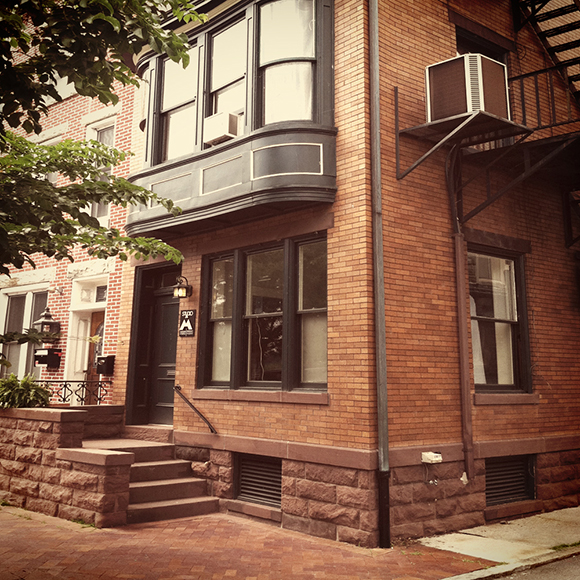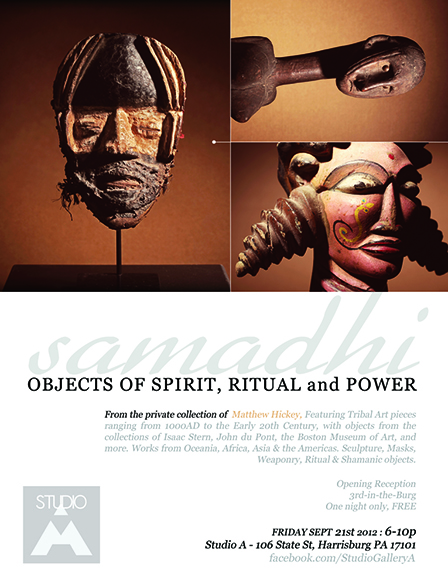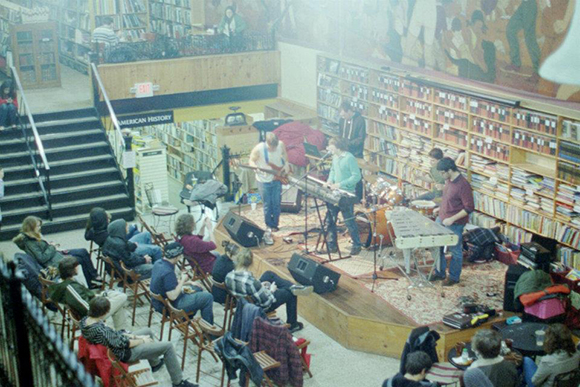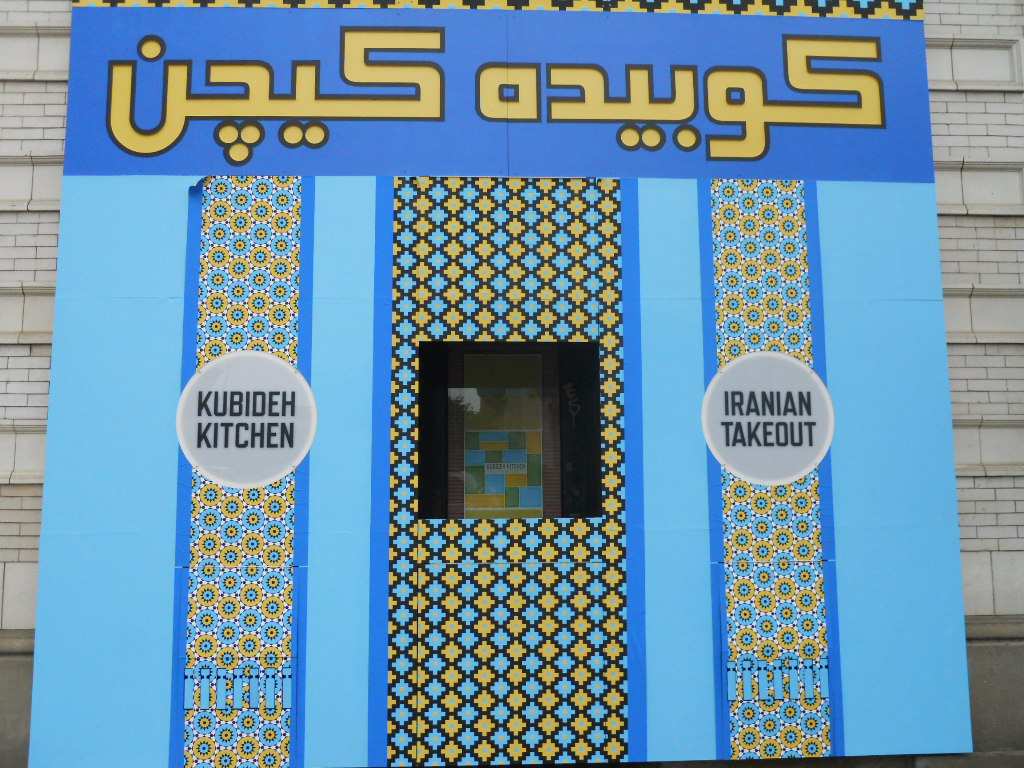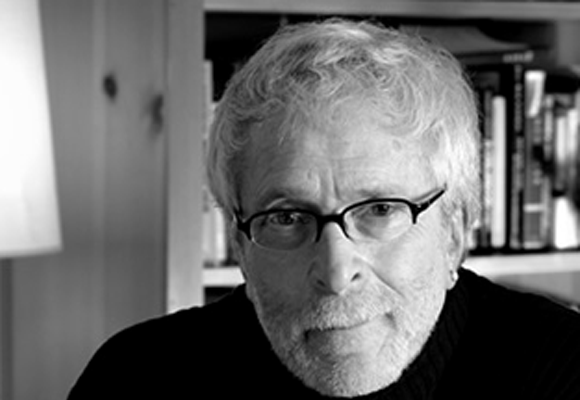Something is stirring in the Greater Harrisburg area. The capital region’s united arts fund, the Cultural Enrichment Fund recently partnered with Jump Street and Americans for the Arts to conduct an economic impact study to assess the impact of the arts in the capital region. The study, titled Arts & Economic Prosperity IV, provides new evidence that nonprofit arts and culture are a vital industry in the Greater Harrisburg area — one that generates $54.4 million in total economic activity.
This spending — $30.9 million by nonprofit arts and culture organizations and an additional $23.6 million in event related spending by their audiences — supports 1,890 full-time equivalent jobs, generates $40.5 million in household income to local residents, and delivers $6.2 million in local and state government revenue. This economic impact study demonstrates that when patrons support the arts, they not only enhance the region’s quality of life, but they also invest in the Greater Harrisburg area’s economic well-being.
Chad E. Barger, Executive Director of the Cultural Enrichment Fund, dispels a common misconception: that communities support the arts and culture at the expense of local economic development, “In fact, they are investing in an industry that supports jobs, generates government revenue, and is a cornerstone of tourism. This report shows conclusively that the arts mean business.”
Barger emphasized the economic impact.
“The nonprofit arts and culture industry, unlike most industries, leverages a significant amount of event-related spending by its audiences. For example, when patrons attend a cultural event, they may pay to park their car, purchase dinner at a restaurant, shop in nearby stores, eat dessert after the show, and pay a babysitter upon their return home. Attendees from out of town may spend the night in a hotel. This spending generates related commerce for local businesses such as restaurants, parking garages, retail stores, and hotels.”
The Arts & Economic Prosperity IV study collected data from Mechanicsburg, New Cumberland, Harrisburg, Boiling Springs, Camp Hill, Lemoyne, Middletown, Wormleysburg, Carlisle, Hershey, Shiremanstown, Enola, Annville, Millersburg, Newport, Steeltown, Lewisberry, Dillsburg, Duncannon, Halifax, Hummelstown, and Elizabethtown.
On the Third Friday in Harrisburg, the city celebrates 3rd in the Burg, an organization of Galleries in Harrisburg committed to celebrating local artists and their work. Harrisburg art organizations are frequent collaborators, staging original music, projections, rare films, and national touring acts. The survey shows that art forms are clearly trending in the Harrisburg region.
MakeSpace
1916 Third St., Harrisburg
On this day at the MakeSpace, the studios are buzzing. Members are grantwriting, editing non-profit bylaws while digital photography and collage classes take place on two floors. Member Mike Fisher is drawing up blueprints for a redesign of the ceiling. A typical day for founder Liz Laribee could include posing for a photo shoot over at Studio A, booking a screening or show with Moviate, scavenging local arts materials for her studio, or planning future collaborative spaces for tool sharing.
The group formed as a studio co-op, funded through the Jump Street program. The founding members were interested in finding space where they share and store equipment that artists don’t typically have such as drafting tables, darkroom equipment, and materials not sold in the Harrisburg area. Half of the members live in walking distance. Members include Ian Kanski, John Destalo, Amanda Owens, Catherine Rios, Leah Yancoskie, Michael Fisher, Liz Laribee, and Shannon Sylte.
“When I moved into Harrisburg, it’s been interesting to see that raw potential and energy growing rapidly by the day, raw very open state, anything can happen. Things are definitely happening rapidly,” founding member Ian Kanski explains.
Laribee was interested in helping artists get access to the materials they need for their projects and to create an opening environment for creative exchange. MakeSpace promotes creative reuse, expression that is not always classically trained, found objects as part of the artistic process, and sharing resources.
“I began looking beyond my own experience. There are a lot of really creative people in this town. We’re not all islands, floating and not bumping into each other. That can be exhausting.” Laribee wrote a basic business plan, pooled talents with six artists who had applied, and her vision led to the creation of a central hub for artists to find resources.
“The space has been transformed. Because a group of artists renovated, each of the bedrooms turned into artist studios. We have a huge spectrum of skills from illustration to photography to painting to web development to glass to landscape architecture to sculpture to writing to meta narrative workshops.”
MakeSpace scored the space in August, renovated in 1.5 months, programming, hosting gallery shows, occasional workshops and classes, concerts, and cultural events like film screening. The group is moving forward toward having a viable membership plan and perks for future members.
In addition to the studio, exhibition, and performance space, the MakeSpace website offers local and national resources for artists. The MakeSpace partners with other organizations and performers for classes, fairs, and markets.
“Further collaborative efforts for the people who are already here in Harrisburg pay attention to the people who are here already. Make life viable for them. Mentality things ought to start small and get bgger from there, organically and naturally”
Kanski sees the MakeSpace as an incubator for the creative economy, “We are interested in facilitating conversations and collaborations between the business community, innovators and entrepreneurs in the technology community, the small businesses in technology. We are hoping the arts and cultural sector can help innovation in the city in general.”
Laribee chimed in, “The MakeSpace is indicative of the sea change in Harrisburg. People were excited to see something happen and we’re willing to go along with it.”
Studio A
106 State St., Harrisburg
Photographers Anela Bence-Selkowitz and Alan Wycheck founded Studio A as a full service photography studio, part time gallery, and events venue. Bence-Selkowitz curates exhibitions to coincide with 3rd in the Burg events, showing challenging exhibitions from individual artists.
Harrisburg’s Matthew Hickey showed a largely attended exhibition from his ethnographic art including masks, clubs, and buddhas. He has curated events and shown work at The MakeSpace, Little Amps, The Orange Room and Harrisburg Midtown Art Center. A collector of deaccessioned museum objects, old European collections, and indigineous art pieces from his travels in Papua New Guinea, Borneo, Indonesia, Southeast Asia, India, Morocco, Peru, North Africa, UAE, Malaysia, Central America, and Mexico.
Studio A has been open, functioning as a gallery since June 2012. Bence-Selkowitz is currently working on a series of local women as vintage mugshots including Liz Laribee. A Los Angeles native, Bence-Selkowitz moved to Harrisburg two and a half years ago with her husband, the artist, director, and cinematographer, Adrian Selkowitz, a Harrisburg native. Wycheck is from Harrisburg, held a career photographing in the military, and offers services to corporate clients, particularly interior and exterior architecture.
The gallery is open third Fridays, for events, and by appointment.
Little Amps Coffee Roasters
1836 Green St., Harrisburg
Aaron Carlson was employed doing temp work and playing in a band. While touring, he got into coffee and looking for coffee in different towns. The search for the best cup became a scavenger hunt for his bandmates. This led to a gear themed coffee roasting career in Harrisburg.
Little Amps was inspired by his discovery living in California, “When I moved to Oakland in 2005, a lot of little roasters were starting to do things in a new and exciting way. Buying better beans, roasting them a little bit lighter to taste like the actual flavor of the coffee bean, not the roast.”
In 2009, he moved back to Harrisburg, bought a commercial roaster, and sourced beans directly from Papau New Guinea, Ethiopia, Sidamo, Colombia, Kenya, and Java Estate. Carlson originally roasted out of a warehouse, and acquired the coffee shop where he curates art shows to coincide with 3rd in the Burg, invites musicians to play ad hoc shows with the little amps and in his rock basement, and stocks a selection of creative local vinyl.
Moviate
1306 N. 3rd St., Harrisburg
Moviate is a completely volunteer operated non-profit organization dedicated to bringing independent, underground, and avant-garde cinema and sound events to the Harrisburg area. There are 6 core members who help with programming, promotion, and production. Founded by Albright College alum Caleb Smith and Bryan Baker, Moviate is celebrating 15 years and has organized 14 annual film festivals for ArtsFest in Harrisburg (held every Memorial Day Weekend) as well as regular weekly music and movie events in Harrisburg and recently in Lancaster.
Moviate has organized other rare footage film festivals including Cinatura (all nature/environmental themed festival ranging from Brakhage's “Moth Light” to “Dreamland” doc from Iceland), Bigfoot Film Festival (3 days of Bigfoot films/docs/speakers), The Brakhage Film Festival (3 days of free Brakhage films all on 16mm), and 2 Montage Film Festivals (1998, 1999, 3-day film festivals).
The organization had been nomadic since it's beginning in 1997, but in 2010, Moviate signed a two-year lease for a gallery space and workshop area that they shared with the then active Mantis Collective Art Gallery. Moviate is currently showing films at STUDIO A, and having films and music at MakeSpace. The collective also programs at the Abbey Bar, Midtown Scholar Bookstore, and other local venues.
Moviate members are a distinguished fold. The six organizers have produced, directed, edited, and worked on national and international films and videos:
-Artist Tara Chickey designs fliers for the Moviate events and makes original animation from her 2D work.
-Marysville filmmaker and animator Michael Robinson (known for super 8 layered and textured color as well as lurid time lapses) created music videos for Bibio and Solar Bears.
-Film professor at Franklin & Marshall College, Jeremy Moss is an originator of glitchy abstract 16 mm/super 8/video) including “Chroma” and “The Sight.” He’s been asked to jury films in Brazil for festivals.
-Mt. Joy’s James Hollenbaugh grew up near Carlisle. Hollenbaugh’s video production house does corporate, lighting, and production work. His super-8 work includes a Pere Ubu live film and “The Social Masochist” for Bryan Lewis Saunders.
-Artist and filmmaker Josh Drake lives in Dillsburg and works in Camp Hill. He is currently scoring a Super-8 western film.
Caleb Smith founded Moviate in 1997 after graduating from Albright College and studying under Gary Adelstein, founder of Berks Filmmakers with Jerry Orr. Smith’s accomplishments include a Pixelvision video for Fredrik (Swedish band) and a music video for Tilbury (Icelandic band). 10 years ago, Caleb stepped on as film and video faculty at the Capital Area School for the Art, transforming a broadcasting program to the study of film as artmaking.
“I was driving up to Berks to see films almost weekly after I moved back to Harrisburg. Bryan and I thought that if Reading could have an underground film series, Harrisburg could do so as well. We've had Gary and Jerry both show their films here. Gary was the first fifteen years ago. Berks Filmmakers did a group show here.”
Moviate animates the Harrisburg landscape through live scoring, festivals, and bringing rare talent and footage that would often only tour to Philadelphia and Pittsburgh.
Tree Cover Records
1913 Green Street
Started by Caleb Cossick, Stephen Haas, Jake Kauffman, Tree Cover Records is a cooperative label, a mixture between a music co-op and an actual record label. The organizers believe in organizing shows and interacting in person with their audience.
According to Cosssick, “Some of us are good at instruments, production, and visual design. The basic idea is come together collaboratively to use the skills to push us future in our careers. This is entirely the spirit behind why we formed, to find opportunities for ourselves and our friends to make and exhibit art.”
In 2012, Tree Cover hosted house shows and public venue programs including last year’s Broad Street Market and the Midtown Arts and Music Festival.
In 2013, Tree Cover will release Cossick’s project, Uwue on cd, vinyl, and cassette. Also on the label are Flower Garden featuring Haas on guitar and Catamt, Kauffman’s band.
Kauffman and Cossick met when they attended high school in nearby Camp Hill at Bible Baptist. Haas who is from Lemoyne, attended Cedar Cliff before going off to
Maryland Institute College of Art (MICA) and taking time off to work on Tree Cover.
The friends originally organized in late fall of 2011 with their first start in the Orange Room, a space rented from a local church meeting hall. They held “Turkabrasion” at Harrisburg Historic Association’s old bank. Now headquartered at 1913, Tree Cover is focusing on the record release for Euwe, with a launch planned for March or April. At press time, the records were about to arrive from the plant.
Harrisburg Midtown Art Center Stage on Herr
268 Herr St., Harrisburg
John Traynor was tv and film producer for many years, lived abroad in Spain, owned property in New York, and he discovered Harrisburg by accident in 2006.
“I made a mistake driving back from Pittsburgh. I crossed the Susquehanna looking for food. I didn’t know it was the state capital.”
Traynor bought several residential properties including the Police Athletic League (acquired in 2007), an original Jewish Community Center (est. 1927) that was abandoned for 30 years. Its 40,000 square feet are is still under renovation including a ballroom and 60 ft. by 30 ft. swimming pool. A small portion (3,500 square feet) known as Stage on Herr functions as a multidisciplinary bar, exhibition, and performance space open seven days per week after 5 p.m.
The Stage on Herr programs bluegrass, classical, rock, small theatre productions, the Rocky Horror Picture Show, Pretty Little Things Peep Show, clothing swaps, and frequent charity events such as for the YWCA and the Susan Giblin Foundation.
“The raised stage, professional theatrical lighting, sound system transforms normal karaoke and provides a fine place to perform,” Traynor describes his Monday night staple.
The venue also operates as an art gallery—rotating art every four weeks to coincide with 3rd in the Burg. “We charge no commission, promote regional and local arts, and sell a lot of artwork,” Traynor explains.
Metropolis Collective
Mechanicsburg
Run by Owner/Director of Music Richard Reilly (from New York) and Gallery Director/Curator/Owner Danielle Charette, (born in Harrisburg), both Mechanicsburg residents . Metropolis Gallery is 3,500 square feet: divided into a showcase space, Trash Art Gallery of 1,000 square feet, Hole in the Wall Art Gallery at 500 square feet, Stage Noir, a performance area of 1,000 square feet (Stage Noir), an artist studio for Charette, and a vintage sound recording.
Metropolis is housed in a historic building from 1875 that previously functioned as a dress shop, department store, and vintage clothing store. In the 1930s, the building was modeled with an art deco façade. Metropolis kept the décor to keep with the modern flair and art deco design of the space. Charette is proud to have a hand in all of the remodel, “Everything is done ourselves: building, brass, website, everything DIY, construction, and the studio.”
“After living in New York, both of us having a hard time adjusting because we couldn’t find anything that we were into. People who do great stuff, have good taste in music, see eye to eye. There was no place to go. Richard and I decided that if we were going to stay here in PA, we would make a space of our own, make our own little New York.”
Charette’s family owned an antiques store on Main St. in Mechanicsburg, fondness for this town, came though and saw the old art deco building. “How fun to open a store in the same town. To come back to PA after living in New York is to go full circle.”
Reilly’s recording studio is unique. His set up features two 32 track decks than can record up to 64 tracks. The studio features Sure mics sm 57/58, universal audio preamps, and distressor compressors. “It’s primarily set up to record 16 tracks live to 2 different recording devices, chained together. The sound I do go for is more of a vintage sound.”
Metropolis features large music shows monthly including Buzzchopper (Lancaster), Civils (Carlisle), and Ducky and the Vintage (Harrisburg). Recent exhibitions have included Bits & Pieces, Cool Cats, and Maniacal Vinyl.
BONNIE MACALLISTER is a multi-media artist, grant writer and journalist residing in West Philadelphia. Her work has appeared in Tom Tom Magazine, Toronto Quarterly, Nth Position (U.K.) and Grasp (Czech Republic). Send feedback here.

